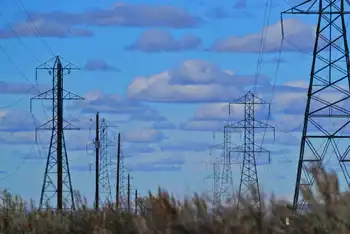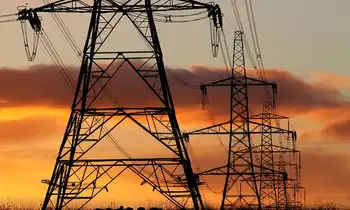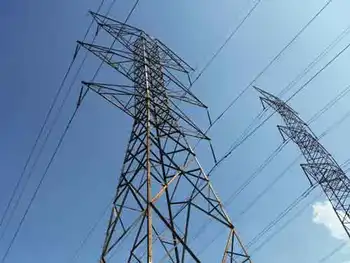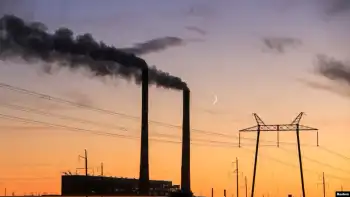Individual carbon quotas could be reality within five years
LONDON, ENGLAND - Individual carbon allowances could be introduced within five years as the government seeks to slash harmful greenhouse gas emissions, according to a feasibility study published recently.
Ministers are considering plans which could see everybody issued with a carbon "credit card" to be swiped on payment for petrol, flights and utility bills.
The study was commissioned by Environment Secretary David Mili-band, who said an individual scheme had "a simplicity and beauty that would reward carbon thrift".
He conceded there were technical obstacles, but said ministers had to overcome them.
"Bold thinking is required because the world is in a dangerous place," he added. "It is a way of pricing emissions into individual behaviour and it would recognise carbon thrift, and economic thrift."
Under the plans, drawn up by the Centre for Sustainable Energy, everybody would have an annual allowance for carbon expenditure on things like food, energy and travel. Surpluses could be bought and sold. The study sets out a five-year "roadmap" for implementation, acknowledging major hurdles in cost and fraud.
But it points to the success of Tesco supermarket's loyalty card in compiling enormous amounts of information.
The report says: "At a theoretical level, individual carbon trading - variously described as personal carbon allowances, domestic tradable quotas, personal carbon rations, carbon credits - is an attractively simple idea. By giving everyone a limited allowance of carbon dioxide emissions, total emissions can be limited.
"Those who need or want to emit more have to buy allowances from those who can emit less than their allowance."
Related News

UK Emergency energy plan not going ahead
LONDON - National Grid has decided not to activate a scheme on Tuesday to help the UK avoid power cuts after being poised to do so.
It would have seen some households offered discounts on their electricity bills if they cut peak-time use.
National Grid had been ready to trigger the scheme following a warning that Britain's energy supplies were looking tighter than usual this week.
However, it decided that the measure was not required.
Alerts are sent out automatically when expected supplies drop below a certain level. But they do not mean that blackouts are likely, or that the situation is critical.
National Grid…




